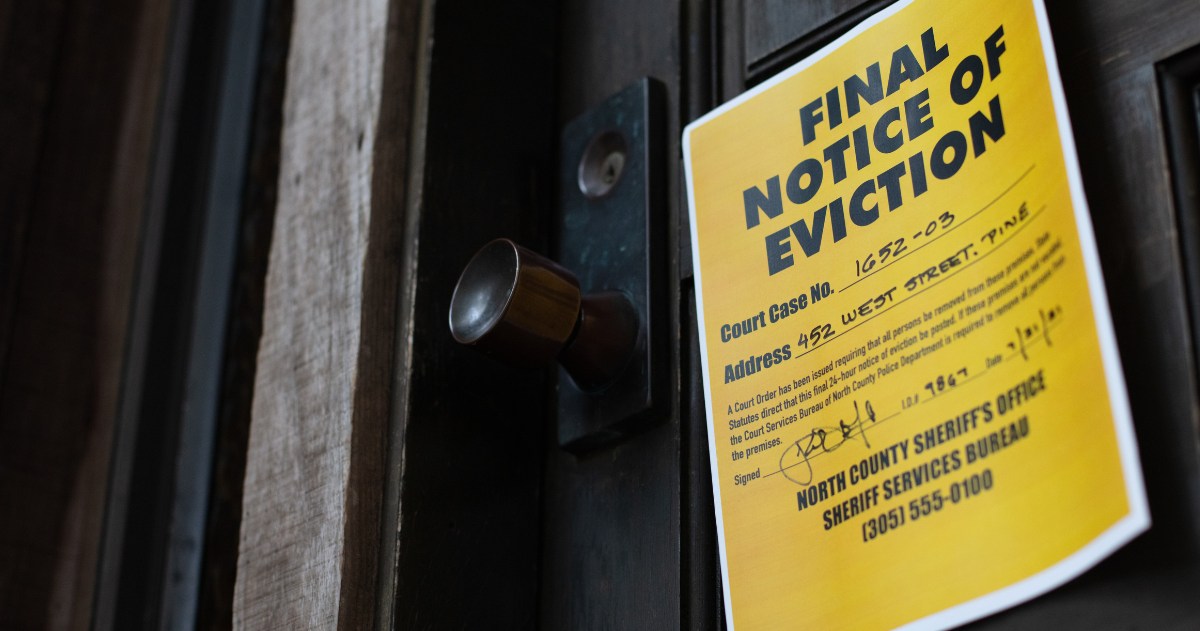Writing a will is a very personal subject and often involves a lot of considerations about property and heirs. The process can be made even more difficult because of legal issues, taxes, and various hidden aspects of how the law handles property inheritance in Ontario. This leaves several factors that need to be considered when making your will and bequeathing property.
Leaving Behind Property
Passing property onto your children after death is a very common practice, but it becomes much more complicated when you have more than one child. Many parents opt to place the property in the hands of multiple owners by designating all of their children as heirs to the property because they believe this will avoid disputes and simplify the decision making process.
However, this method creates its own problems. There can be dissent between siblings over what to do with the property and who has final say. To simplify the process, it is recommended that everyone communicate on the subject and determine a single heir who could handle the property and handle the associated taxes and affairs appropriately. If you don’t think this would solve potential issues, setting up a family trust gives all siblings more legal protection than the sole heir route, while offering some tax benefits.
It is always recommended that you seek legal counsel when making these decisions and to avoid missing any other hidden aspects of the will.
Transferring Property While Alive Can Have Tax Implications
Transferring property into either joint ownership or a family member’s name is a method frequently used by those who want to avoid probate tax, or the estate administration tax in Ontario. These fees are actually not as high as people imagine – for example, a $1 Million estate would owe $14,500 in probate tax. The tax implications of transferring property could net out to more money than that – it’s best to consult with an accountant and/or a real estate lawyer to determine the best strategy for high-value estates with property.
Drafting a Proper Will
Having a will is always a good idea. It is impossible to know when you may need it. Though it is also recommended that you make a will and make edits to it whenever you go through a significant life change such as marriage, divorce, having children, starting a new business, acquire new assets, or a beneficiary passes away.
All of these life events could change who your beneficiaries are or what assets you will have to pass along, so it is important to make edits to ensure accuracy and that nothing is left unattended.
The will itself needs to fit certain guidelines to be legal. While a handwritten statement of intention can be lawful, there can be complications when dealing with property or other high value assets. In Ontario, a will can be challenged if a spouse and/or dependants are not adequately provided for in it according to the Ontario Attorney General. Anyone looking at leaving property to multiple heirs, or heirs that are not spouses or dependents, should consult a lawyer to draft up a proper will to ensure everything is as legal and binding as possible, so that challenges to the will have less of a chance in court.
If you die without a will, or “intestate”, the estate distribution is governed under Ontario’s Succession Law Reform Act.
This is Part 1 in a six-part series of blogs we’ll be doing on real estate inheritance in Ontario. Stay tuned to our blog for weekly updates, or sign up for our newsletter.





